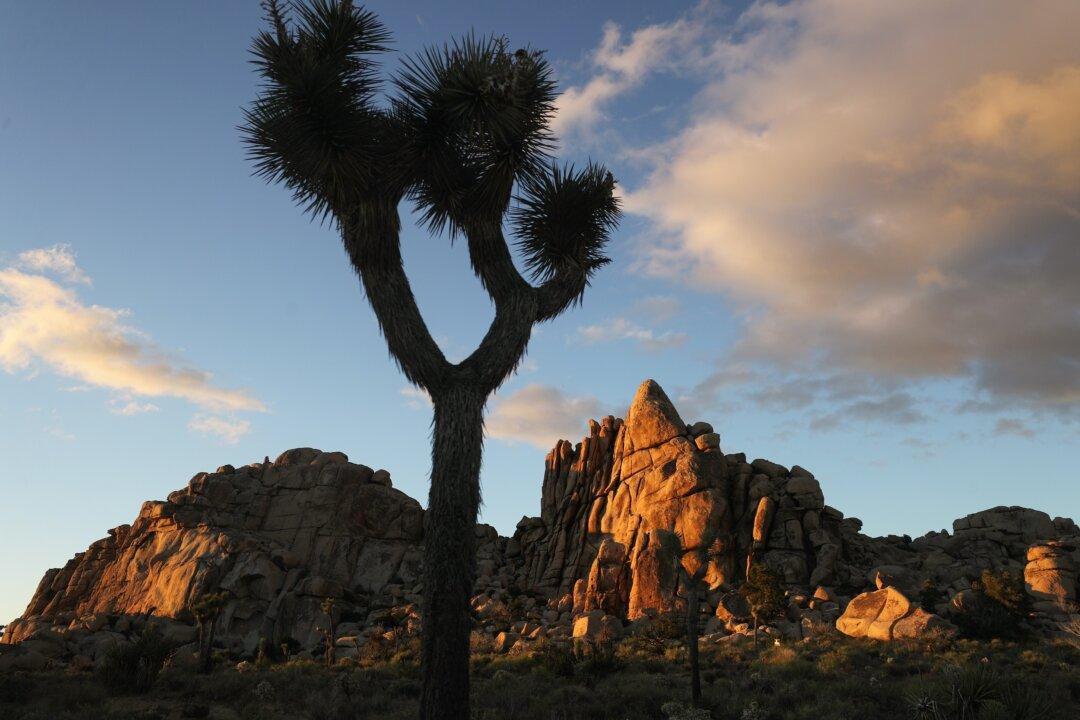Environmentalists are applauding a new law to protect western Joshua trees in California that bans tree removals without a permit and funds conservation efforts.
California Gov. Gavin Newsom signed the Western Joshua Tree Conservation Act into law when he signed the revised state budget for fiscal year 2023–24 on June 27. The law took effect on July 1.





